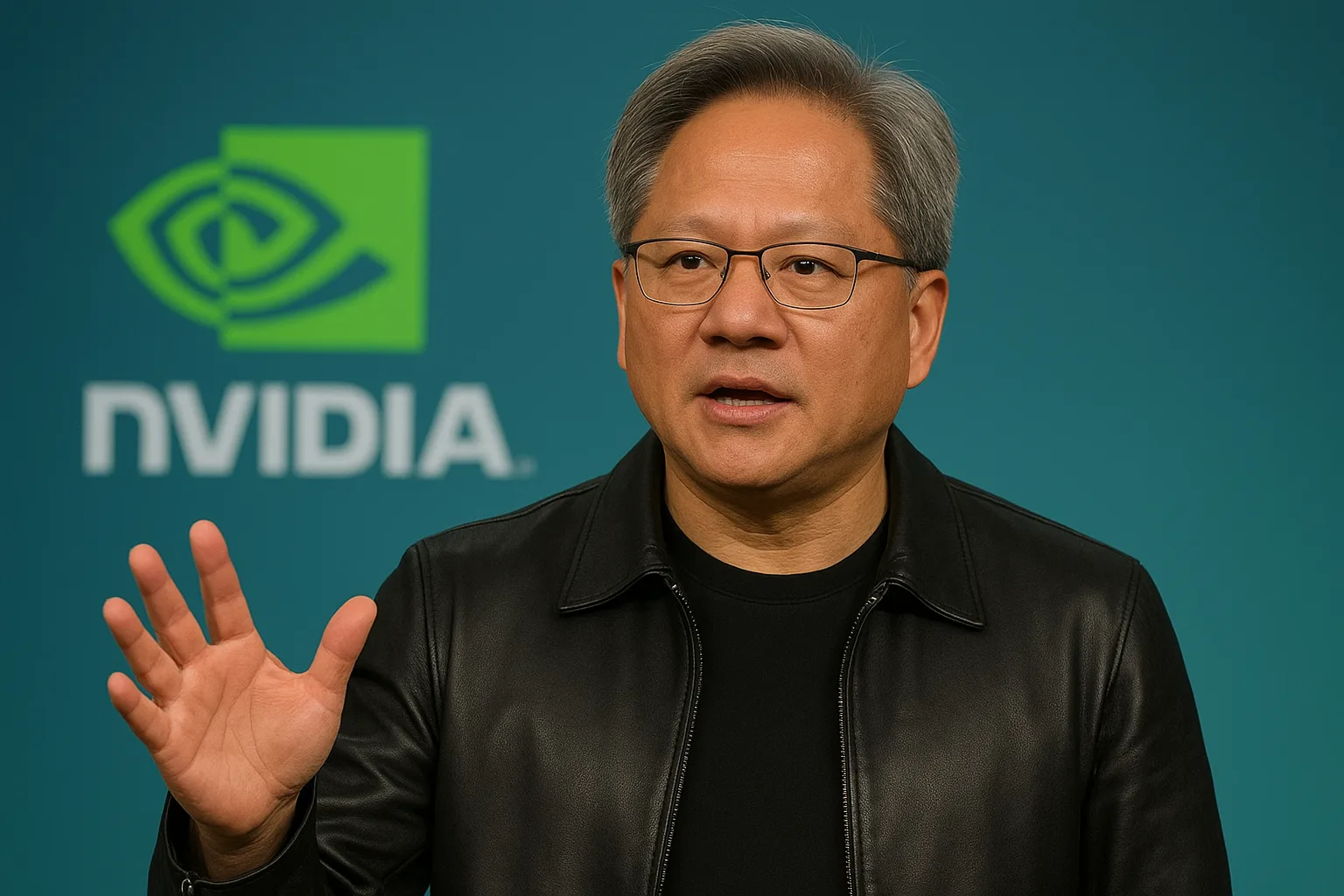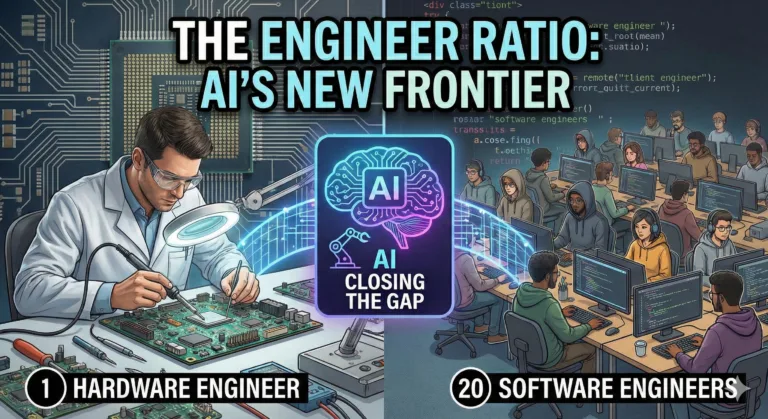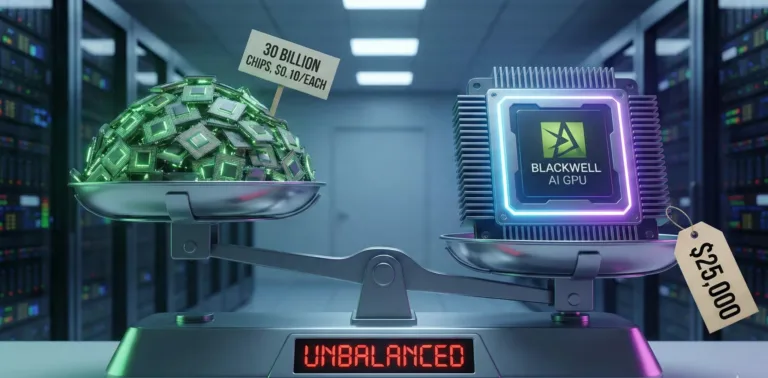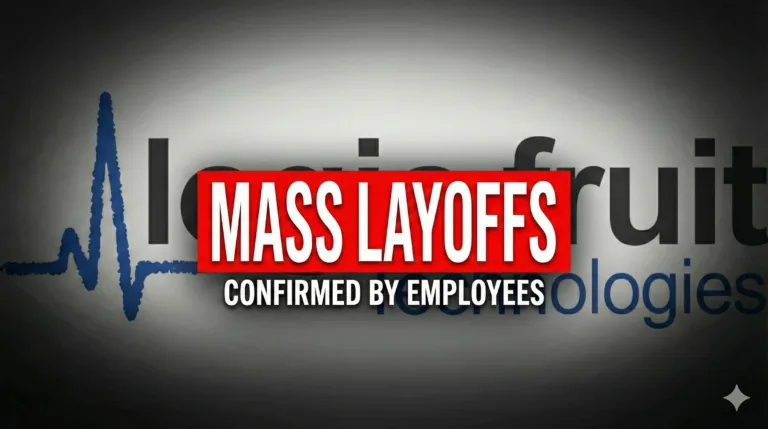Nvidia CEO Jensen Huang has made a bold commitment to his employees, announcing that the tech giant will continue sponsoring H-1B visas and absorb the newly imposed $100,000 application fee following President Trump’s recent immigration executive order. The announcement comes as the tech industry grapples with significant changes to the H-1B visa program that could reshape how companies hire international talent.
Nvidia’s Unwavering Commitment to Immigration
In a company-wide memo to employees, Huang emphasized the critical role that immigration has played in Nvidia’s success story. “As one of many immigrants at Nvidia, I know that the opportunities we’ve found in America have profoundly shaped our lives,” the CEO wrote, adding that “the miracle of Nvidia — built by all of you, and by brilliant colleagues around the world — would not be possible without immigration.”
The Taiwanese-American executive made it clear that Nvidia’s position remains unchanged despite the new financial burden. “At NVIDIA, we built our company with extraordinary people from around the world, and we will continue to sponsor H-1B applicants and cover all associated fees,” Huang stated in his message to staff.
Trump’s H-1B Visa Overhaul
The backdrop to Nvidia’s announcement is President Trump’s September 19 proclamation that significantly restructured the H-1B visa program. The executive order imposed a substantial $100,000 application fee on companies seeking to hire foreign workers through the program, representing a dramatic increase from previous costs.
Trump justified the policy change by stating that “the incentive is to hire American workers,” while Commerce Secretary Howard Lutnick defended the move as a deterrent to companies hiring foreign talent. Lutnick explained that “the whole idea is, no more will these big tech companies or other big companies train foreign workers. They have to pay the government $100,000, then they have to pay the employee. So, it’s just not economic.”
Industry Pushback and Legal Challenges
The Trump administration’s H-1B changes have faced immediate resistance from multiple sectors. A coalition of unions, education professionals, and religious organizations filed a lawsuit against the administration in the Northern District of California, challenging the fee as “unprecedented, unjustified and unlawful.”
The legal complaint argues that “the President has no authority to unilaterally alter the comprehensive statutory scheme created by Congress” and warns that the exception provisions “open the door to selective enforcement and corruption.”
Broader Tech Industry Implications
Huang’s stance on immigration extends beyond Nvidia’s immediate business interests. The CEO argued that “legal immigration remains essential to ensuring the US continues to lead in technology and ideas,” positioning the debate within the broader context of America’s technological competitiveness.
The $100,000 fee represents a significant financial barrier that could disproportionately impact smaller companies and startups, potentially creating a two-tiered system where only large corporations like Nvidia can afford to sponsor international talent. This development has raised concerns among tech industry observers about the long-term implications for innovation and competition in the sector.
For employees with H-1B visa questions, Nvidia has established a dedicated resource through NVIDIA-Immigration, demonstrating the company’s commitment to supporting its international workforce through this transition period.
Stay updated on the latest tech industry developments by joining our WhatsApp community for real-time news and analysis.
Discover more from WireUnwired Research
Subscribe to get the latest posts sent to your email.




